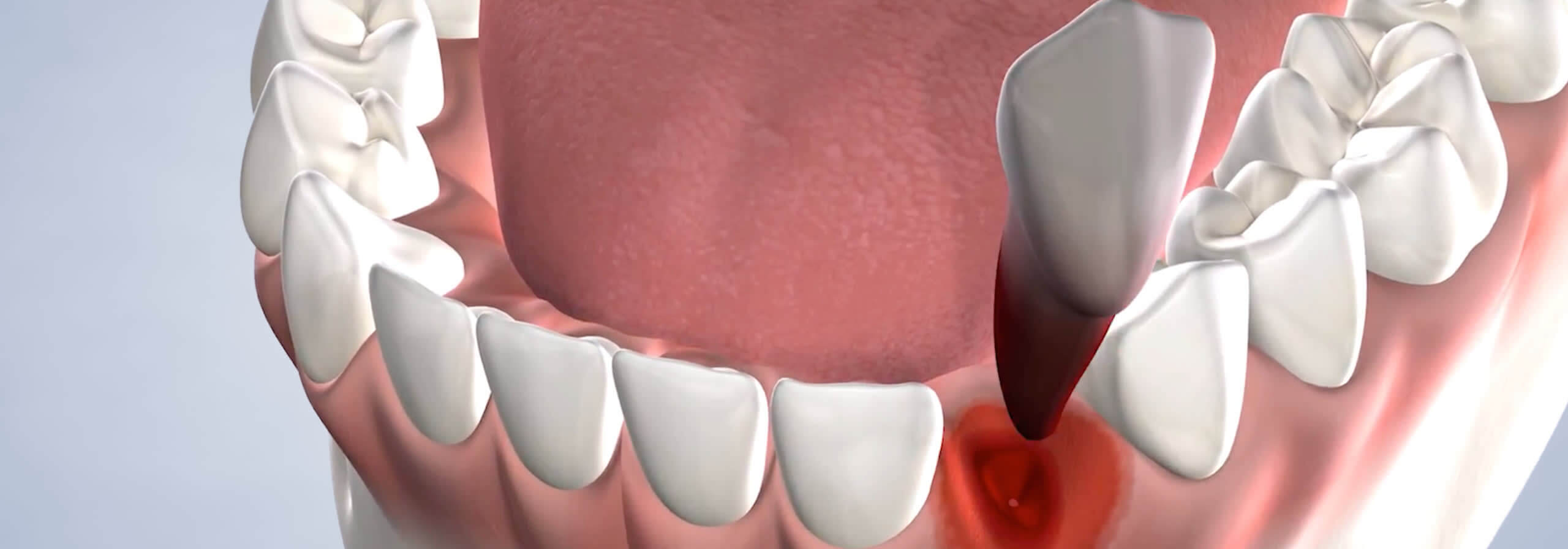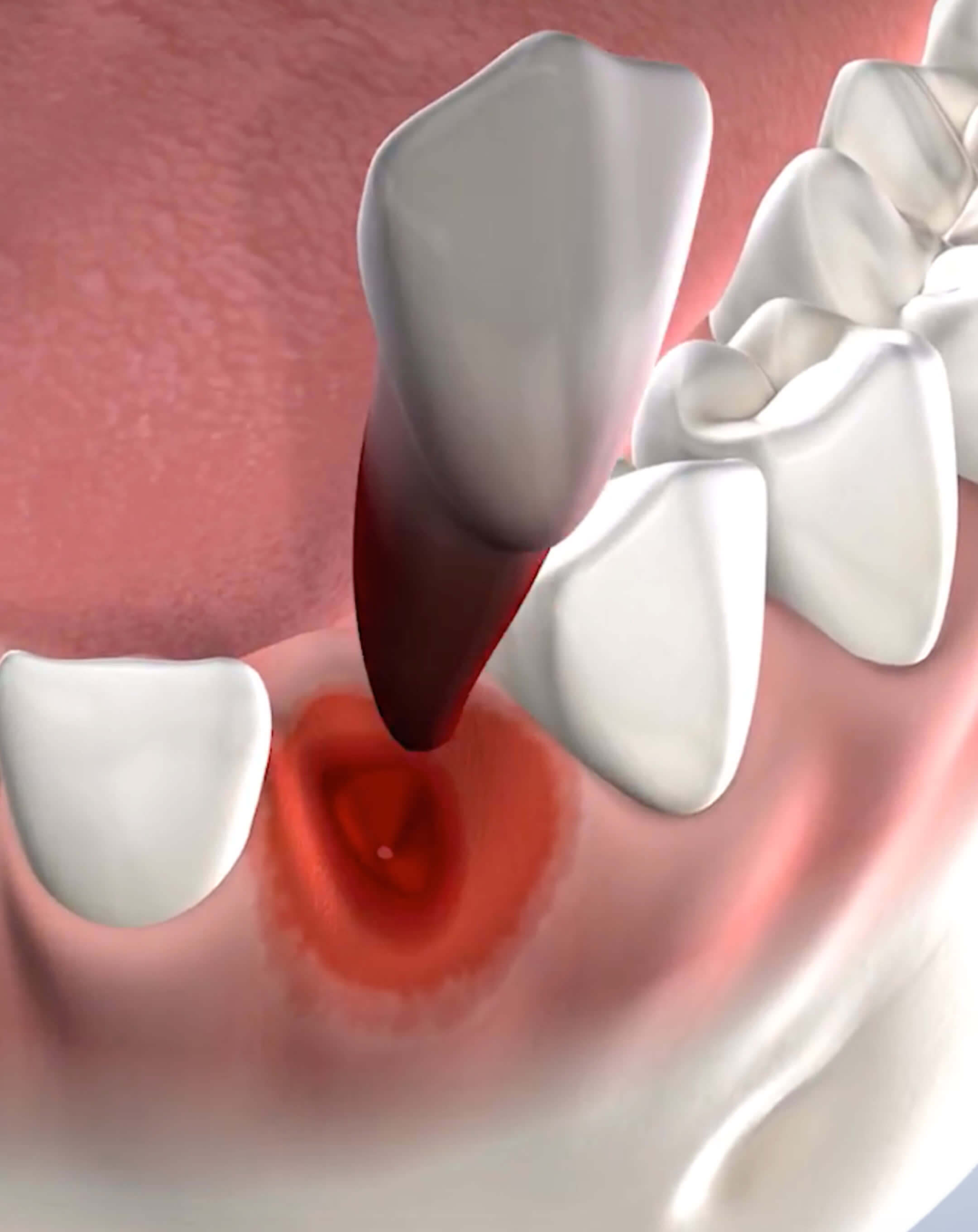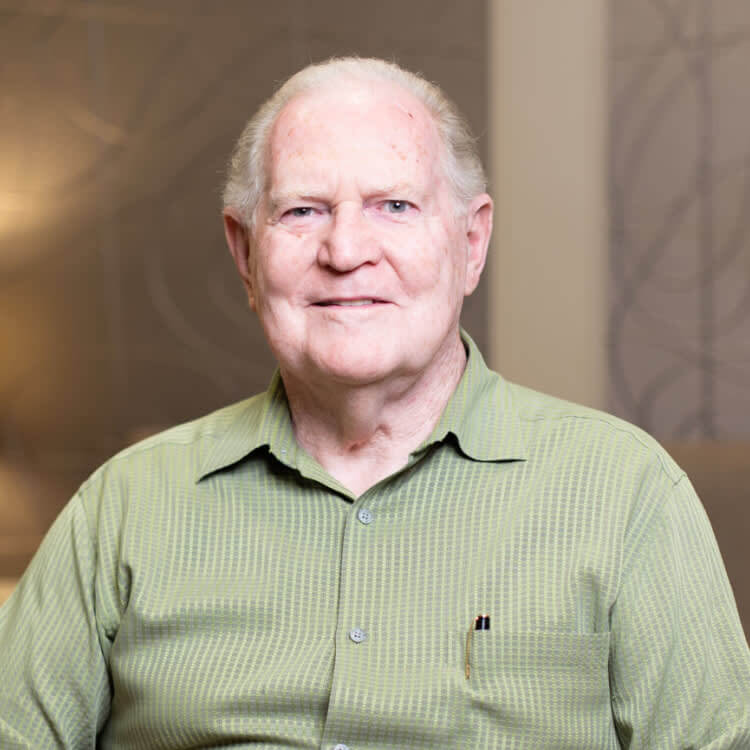

Tooth Extraction
Comfortably Remove Damaged or Failing Teeth
If a tooth is damaged or infected beyond the point of repair, it may need to be extracted. Even though adult teeth are meant to last a lifetime, leaving a problematic tooth inside the mouth can cause further damage to other teeth or cause a deal of pain. Our oral surgeons can quickly and comfortably extract teeth in the comfort of our offices, as well as discuss your options for replacing the tooth.
Dr. Sukhdeep Dhaliwal, Dr. Paul Greenawalt and Dr. Douglas Baasch specialize in helping patients improve oral health while rebuilding a healthier, more confident smile. If you have a troubling tooth or would like to explore your options for removing and replacing it, contact us for a consultation regarding tooth extraction in Silverdale, Poulsbo, and Port Orchard, WA.
Reasons for Extracting a Tooth
Every effort will be made to save your natural tooth. There are many treatments available to remove infection, such as root canal therapy, as well as restorative work that can rebuild a tooth’s structure if it is damaged. If these methods cannot save the tooth, extracting it may be the next step. Having an infected tooth removed prevents the infection from spreading to nearby teeth and gums.
Wisdom teeth are extracted because they are not necessary for oral function, and there is not enough room for them in the mouth. Other reasons for having a tooth extracted include:
- Overcrowding, which can result from having too many teeth or from having teeth that are too big to all fit within the mouth
- Periodontal disease
- Tooth decay
- Impaction, where a tooth is trapped beneath the gums and cannot erupt
- To prepare for orthodontic treatment
Should a Dentist or Oral Surgeon Extract a Tooth?
Dentists and oral surgeons are both dental professionals, but they are very different. General dentists begin practicing immediately following dental school, while oral surgeons complete several additional years of hands-on surgical training. Oral and maxillofacial surgeons are trained to handle a wide range of conditions pertaining to the head, neck, face, and mouth.
Some general dentists perform simple tooth extractions at their office. Most general dentists use local anesthesia, which is often used with tooth extractions. However, if a tooth extraction involves incisions, sutures, or more advanced types of anesthesia or sedation, the patient is referred to an oral surgeon. If you need a tooth extracted, turn to the experts at performing surgery to the oral and maxillofacial regions, such as our specialists at Kitsap Oral, Maxillofacial & Dental Implant Surgery.
Types of Anesthesia
Our practice offers many types of anesthesia and sedation for your comfort.
Tooth Extraction Procedure
When you visit us for a consultation, you will meet with Dr. Dhaliwal, Dr. Greenawalt or Dr. Baasch. We will examine your teeth and take 3D scans of your mouth. In some cases, we can perform tooth extraction on the same day as the consultation appointment. Prior to any procedure, we will discuss your options for anesthesia to help you choose the right method. We will also discuss your options for replacing the missing tooth with a dental implant. If there is enough healthy jaw bone, we can extract a tooth and immediately insert a dental implant post at the same visit. This saves you time and money, and prevents the need for multiple procedures to achieve a complete smile.
Many simple tooth extractions are performed using local anesthesia, which numbs only the area and allows you to drive yourself home afterward. Complex tooth extractions that require IV sedation will be scheduled for a later date, and you must arrange for a responsible adult to drive you home after surgery.
At the time of your extraction, we will administer the anesthesia, and your surgeon will carefully extract the tooth. A fully erupted tooth can be removed using an elevator and forceps. Impacted teeth will need to be accessed through an incision and then removed. If you require bone grafting to preserve the socket or prepare for a dental implant, we will insert the graft material into the empty socket. Finally, we will place sutures as necessary.
Hear From Tooth Extraction Patients
These patients can tell you about their firsthand experience undergoing tooth extraction at our office.
Reviews From Our Tooth Extraction Patients

"Hi, my name is Rose. I live in Olalla, and I had a general extraction on my back tooth. When I first walked into the practice, the receptionist was wonderful and pleasant, and all the other staff members were also very professional and kind. The doctor at Kitsap OMS was very personable, gave professional answers, and made sure that I was taken care of. I am so happy I came here for my extraction. To all my friends in Bremerton and Port Orchard, I would highly recommend Kitsap OMS."

"Hi, my name is Carol. I'm from Suquamish. I came to Kitsap OMS for an extraction. When I first walked into the practice, they made me feel very comfortable. The staff at Kitsap OMS was very wonderful, very helpful. The doctor here was very friendly, open. He explained everything so I'd know what was going on. The procedure went great. And the healing process went better than I expected. Easy peasy. My quality of life has improved so much. I would highly recommend Kitsap OMS. I just really appreciate all the time they took to take care of me."
Expert Oral & Cosmetic Surgery Care
Our surgeons have provided exceptional care to patients in Kitsap County for over three decades. At each of our locations, you and your family can expect to be treated with compassion and honesty every step of the way.



